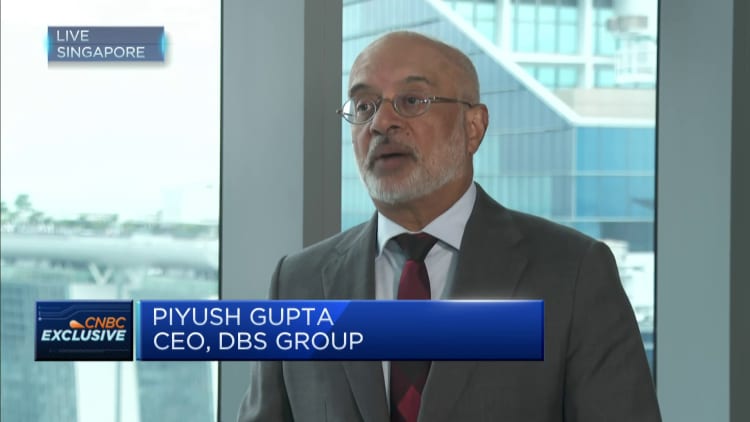Shares in the Asia-Pacific dropped on Thursday after the U.S. Federal Reserve Chairman Jerome Powell signaled further hikes ahead after raising rates by 75 basis points as expected and called discussions on pausing the tightening cycle "premature."
Hong Kong's Hang Seng index fell 3.11% in the final hour of trade, leading losses in the wider Asia-Pacific trading session. Hang Seng Tech fell 3.49%. Mainland China's Shanghai Composite lost 0.19% to 2,997.81, and the Shenzhen Component was down 0.344% to 10,840.06.
In Australia, the S&P/ASX 200 was down 1.84% at 6,857.90. The Kospi was 0.33% lower at 2,329.17 and the Japanese market was closed for a holiday Thursday. The MSCI's broadest index of Asia-Pacific shares outside Japan slipped 2.01%.
Overnight on Wall Street, the Dow Jones Industrial Average dropped 505.44 points, or 1.55% to 32,147.76, and the S&P 500 shed 2.5% to 3,759.69. The Nasdaq Composite tumbled 3.36% to 10,524.80.
The indexes rose earlier in the session on a line in the Fed statement that said "the Committee will take into account the cumulative tightening of monetary policy, the lags with which monetary policy affects economic activity and inflation, and economic and financial developments."
— CNBC's Patti Domm and Jeff Cox contributed to this report.


